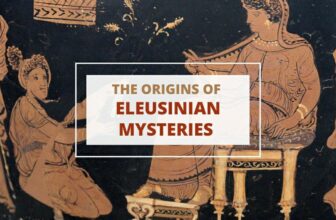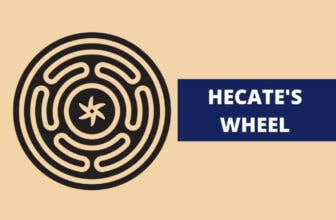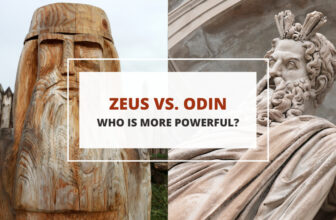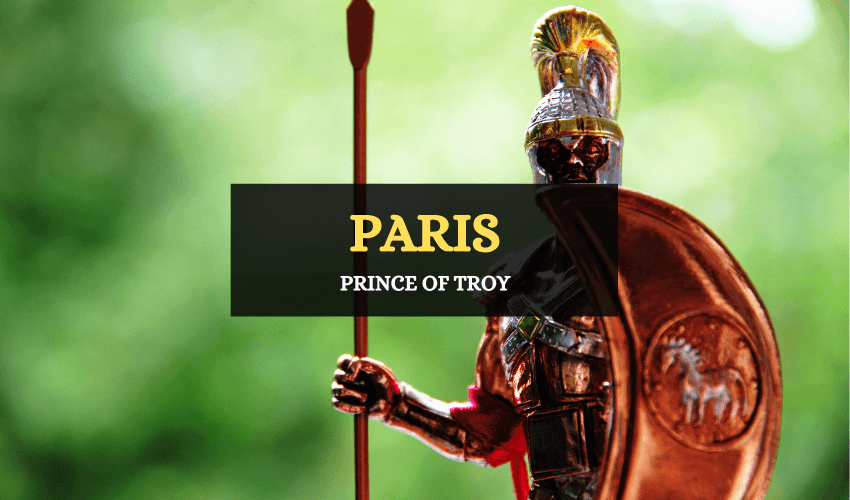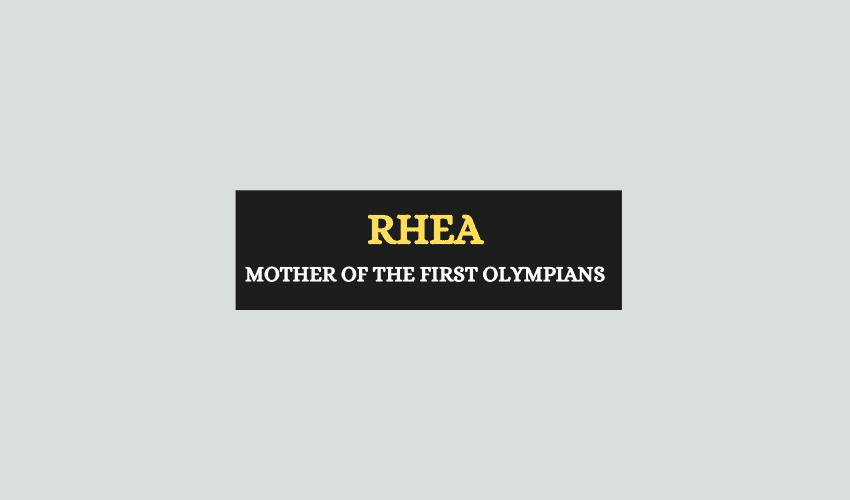
Table of Contents
Rhea is one of the most important goddesses of Greek mythology, playing the important role of mother of the first Olympian gods. Thanks to her, Zeus would overthrow his father and reign over the universe. Here’s a closer look at her myth.
Origins of Rhea
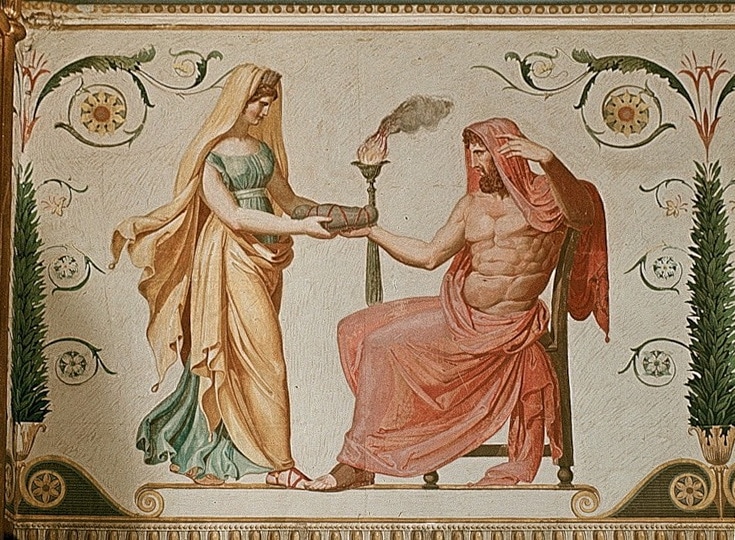
Rhea was the daughter of Gaia, the primordial goddess of the earth, and Uranus, the primordial god of the sky. She was one of the original Titans and sister of Cronus. When Cronus dethroned Uranus as the ruler of the universe and became the ruler, she married Cronus and became the queen of the universe by his side.
Rhea means ease or flow, and for that, the myths state that Rhea was in control and kept things flowing during the reign of Cronus. She was also the goddess of the mountains, and her sacred animal was the lion.
The presence of Rhea in classical stories is scarce since, like the other Titans and primordial gods, her myth was pre-Hellenistic. In the times before the Hellenes spread their cult in Greece, the people worshipped deities such as Rhea and Cronus, but the records of those cults are limited. She was not a prominent figure in art, and in several depictions, she is indistinguishable from other goddesses such as Gaia and Cybele.
Rhea and the Olympians
Rhea and Cronus had six children: Hestia, Demeter, Hera, Hades, Poseidon, and Zeus, who are some of the major gods of the Olympian pantheon. When Cronus heard the prophecy that one of his children would dethrone him, he decided to swallow them all as a way to thwart destiny. His last-born son was Zeus.
The myths say that Rhea gave Cronus a wrapped rock instead of her younger son, which he promptly swallowed thinking it was Zeus. She managed to hide and raise Zeus without Cronus’ knowledge with Gaia’s help.
Years later, Zeus would return and make Cronus regurgitate his siblings to take control of the universe. Thus, Rhea played a significant role in the events of the War of Titans.
Rhea’s Influence
Rhea’s role in the rise to power of the Olympians was remarkable. Without her actions, Cronus would have swallowed all their sons and would have remained in power for eternity. However, other than her involvement in this conflict, her role and appearances in other myths are less notable.
Despite being the mother of the Olympians, she doesn’t appear in later myths nor did she have a large cult following. Rhea is typically represented by two lions carrying a golden chariot. The myths say that the golden gates of Mycenae featured two lions, which represented her
Rhea Facts
Rhea was the daughter of Uranus and Gaia.
Rhea had many siblings including the Cyclopes, Titans, and several others.
Rhea married her younger brother Cronus.
Rhea’s children include major Olympian gods, Poseidon, Hades, Demeter, Hestia, and Zeus. In the predominant myths, Persephone is typically considered the daughter of Demeter and Zeus, making her Rhea’s granddaughter.
Rhea is known as Ops in Roman myth.
Rhea is often associated with lions. Some sources also connect her with crowns, cornucopias, chariots, and tambourines, but these symbols might be more commonly linked to her Roman counterpart, Ops.
Rhea’s sacred tree is the Silver Fir.
Rhea is one of the Titans but mother of the Olympians. However, she’s not depicted as an Olympian goddess.
In Brief
Rhea, the mother of the Olympians and the former Queen of the universe in Greek mythology, was a minor yet noteworthy figure in the affairs of the gods. Though her myths are scarce, she is always present as the ancestor of the mightiest gods in Mount Olympus.




